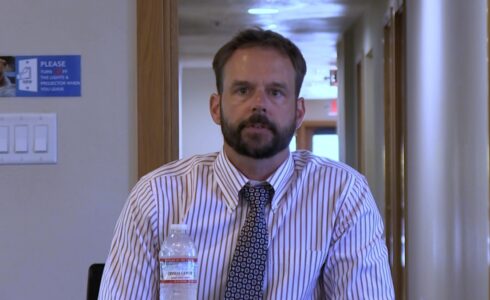
Watch a seminar video with Dr. Christopher Lawrence.
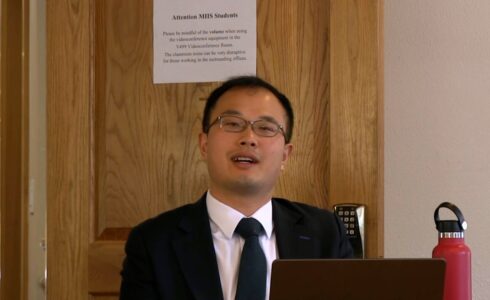
Raymond Wang’s research examines the strategies and tools rising powers use to shape international order.
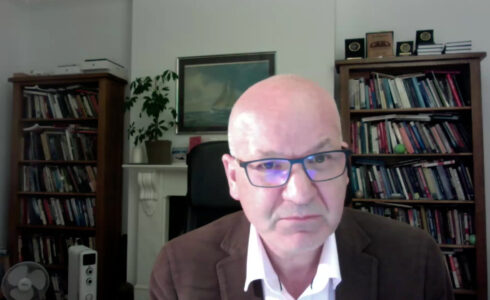
How emotional and psychological psychological factors could push leaders toward de-escalating nuclear-tinged crises.
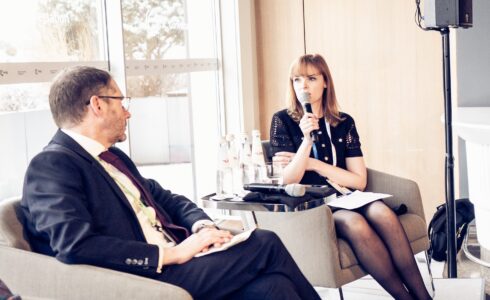
Hanna Notte represented CNS at the 2025 Munich Security Conference, which took place from 14-16 February.
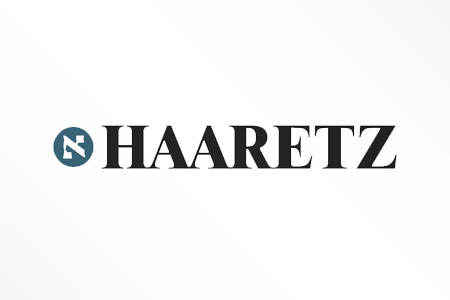
It’s a forgotten chapter in Israel’s history, now revealed in declassified documents.